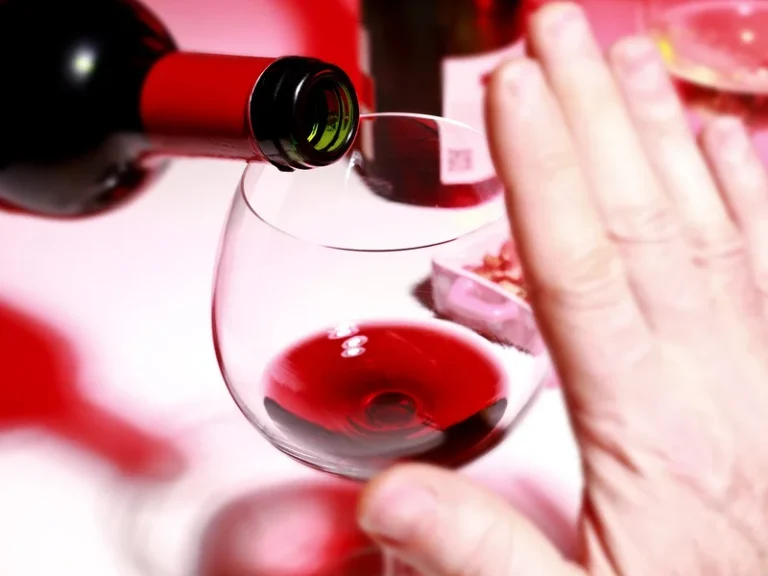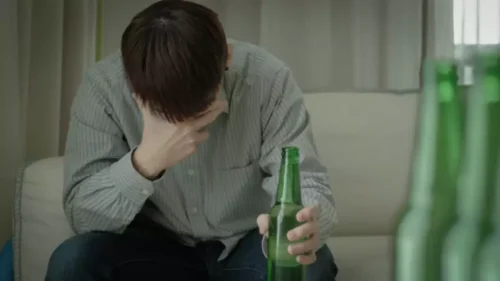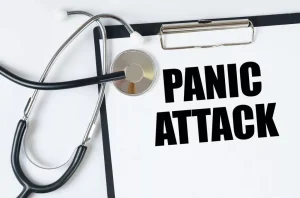
This article offers a practical approach to relapse prevention that works well in both individual and group therapy. By understanding and implementing these key components, you can create a robust relapse prevention plan that supports your long-term recovery. With these resources, you’ll be relapse prevention plan well-equipped to create a comprehensive relapse prevention plan to support your journey to lasting recovery. Contact a healthcare professional if you or someone you know suffers from a substance use disorder. You can learn about the best relapse-prevention treatment options for your needs.
How to Develop a Relapse Prevention Plan
- Evidence shows that eventually, in the months after stopping substance use, the brain rewires itself so that craving diminishes and the ability to control behavior increases.
- It is often said that recovering individuals are as sick as their secrets.
- Your journey to lasting sobriety is a powerful and transformative process.
- By understanding what drives it, mitigating measures may be put in place to increase the patient’s chances of full recovery.
They occur when the person has a window in which they feel they will not get caught. Part of relapse prevention involves rehearsing these situations and developing healthy exit strategies. A relapse prevention plan can be broken down into small, manageable steps. You can begin each day with a consistent morning routine that includes healthy, pro-recovery activities such as meditation, reading, exercising, or journaling. This sets a proactive, positive tone for the day and reinforces your commitment to recovery. Lapses (a one-time return to addictive behavior) and relapses (a return to an addictive lifestyle) do occur.
- They often enter treatment saying, “We want our old life back — without the using.” I try to help clients understand that wishing for their old life back is like wishing for relapse.
- Most physical relapses are considered relapses of opportunity, meaning that they occur when an individual feels they will not get caught.
- Shift perspective to see relapse and other “failures” as opportunities to learn.
- This could include avoiding friends and family, not caring for yourself, or not attending therapy or support groups.
The Benefits of Creative Expression in Addiction Recovery

Many experts believe that people turn to substance use—then get trapped in addiction—in an attempt to escape from uncomfortable feelings. Creating a rewarding life that is built around personally meaningful goals and activities, and not around substance use, is essential. Recovery is an opportunity for creating a life that is more fulfilling than what came before. Attention should focus on renewing old interests or developing new interests, changing negative thinking patterns, and developing new routines and friendship groups that were not linked to substance use. Reflect on what triggered the relapse—the emotional, physical, situational, or relational experiences that immediately preceded the lapse. Inventory not only the feelings you had just before it occurred but examine the environment you were in when you decided to use again.

Mindfulness-Based Techniques for Addiction and Recovery
It is generally felt that big changes should be avoided in the first year until individuals have enough perspective to see their role, if any, in these issues and to not focus entirely on others. They are caused by insufficient coping skills and/or inadequate planning, which are issues that can be fixed [8]. Clients are encouraged https://ecosoberhouse.com/ to challenge their thinking by looking at past successes and acknowledging the strengths they bring to recovery [8]. One of the important tasks of therapy is to help individuals redefine fun. Clinical experience has shown that when clients are under stress, they tend to glamorize their past use and think about it longingly.
- The combination of a substance abuse program and self-help group is the most effective [22,23].
- Try to brainstorm a list of scenarios that could lead to potential relapse and list the warning signs of relapse.
- A basic fear of recovery is that the individual is not capable of recovery.
In particular, cognitive behavioral therapy (CBT) can help people overcome the fears and negative thinking that can trigger relapse. Creating a supportive and positive environment is crucial for relapse prevention, especially for family-centered approaches. This includes creating an atmosphere that promotes sobriety rather than addiction, where the loved one feels secure, positive, and hopeful. It involves establishing a safe space where the person in recovery can be heard and understood, without judgment or criticism. Stress can be internal or external and may include work-related issues or conflicts in personal relationships.

The Importance of Fun and Relaxation in Addiction Recovery
- Alan Marlatt, PhD, developed an approach that uses mental, behavioral, and lifestyle choices to prevent relapse.
- Clients are encouraged to identify whether they are non-users or denied users.
